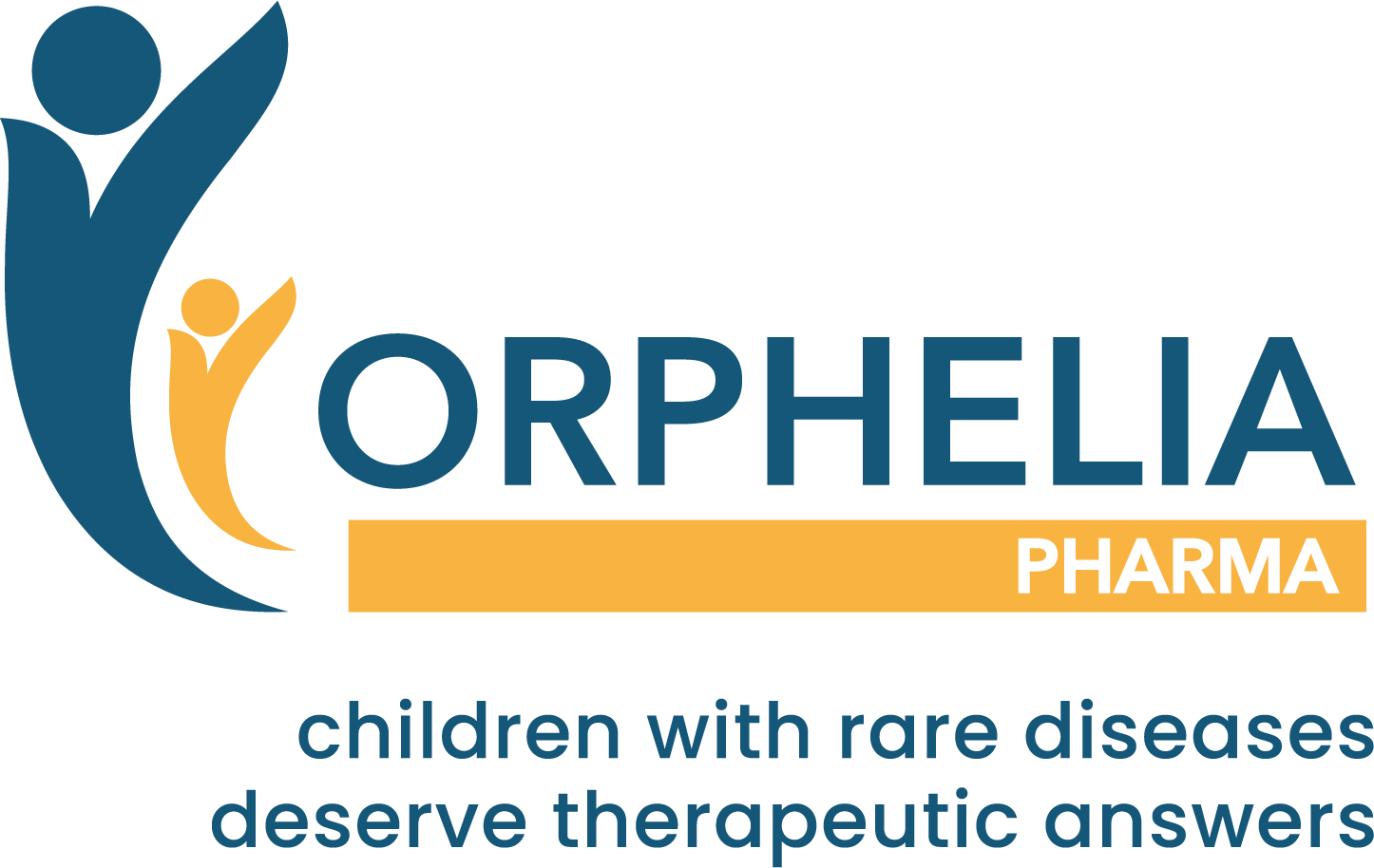
May 22nd, 2024. The University of Birmingham and Orphelia Pharma, a pharmaceutical company dedicated to the development and marketing of orphan paediatric medicines, are pleased to announce the extension of their collaboration to leverage patient-level data of the BEACON refractory or relapsed neuroblastoma trial to support the marketing authorisation of KIZFIZO.
Neuroblastoma is a rare type of cancer usually diagnosed in children under 2 years of age, and for which age-specific therapeutic options are needed.
KIZFIZO (temozolomide oral suspension, 40 mg/ml) is the first ready-to-use oral liquid paediatric formulation of temozolomide developed for use in the treatment of relapsed or refractory high-risk neuroblastoma, which carries a very poor prognosis.
The BEACON trial (NCT02308527) was a hypothesis-generating phase II trial that served to identify active regimens in relapsed or refractory neuroblastoma, some of which are now being further investigated. The trial recruited paediatric patients between 2013 and 2021 and involved the University of Birmingham as the sponsor, the European expert groups SIOPEN (International Society of Paediatric Oncology European Neuroblastoma) and ITCC (Innovative therapies for children with cancer).
KIZFIZO was not available in time for the BEACON trial but Orphelia Pharma and the University of Birmingham are collaborating to assess the clinical benefit and the safety of temozolomide-based regimens in relapsed or refractory high-risk neuroblastoma patients. Overall, anonymised data from the BEACON trial are being used to support the registration dossier of KIZFIZO, according to a data sharing agreement drawn up by University of Birmingham Enterprise.
BEACON-2 is the follow-on trial that will test bevacizumab and dinutuximab beta in combination with the backbone chemotherapy temozolomide and irinotecan. As part of its ongoing commitment to child cancer, Orphelia Pharma has also agreed to support the new BEACON-2 trial, also sponsored by University of Birmingham, by making KIZFIZO available as a child-friendly temozolomide option, in addition to the standard form of temozolomide, where participating investigators can have access to this medicine upon regulatory approval of its use as part of the BEACON-2 trial.
Jeremy Bastid, Chief Development Officer at Orphelia Pharma, commented: “The support of the University of Birmingham has been invaluable to us. The BEACON data has already demonstrated a clear clinical benefit and an improved overall survival over historical controls.”
Dr Lucas Moreno, Head of Paediatric Haematology and Oncology at Vall d’Hebron University Hospital, Barcelona, Spain and Chief Investigator for BEACON said: “We are delighted that the data generated could not only delineate the best treatment options for those patients, but also support the registration of a new paediatric formulation of temozolomide, which is much sought-after for our younger patients.”
Professor Amos Burke, Director of the Cancer Research Clinical Trials Unit concluded: “A liquid formulation of temozolomide is welcomed for younger patients and the use of data from the standard capsule formulation of temozolomide used in BEACON to support registration for a new liquid formulation demonstrates the importance of the collaborative use of results from this practice-changing trial.”
About University of Birmingham
The University of Birmingham is ranked amongst the world’s top 100 institutions. Its work brings people from across the world to Birmingham, including researchers, teachers and more than 6,500 international students from over 150 countries.
University of Birmingham Enterprise helps students and researchers turn their ideas into new services, products and enterprises that meet real-world needs. We also provide incubation and bio-incubation, support innovators and entrepreneurs with mentoring, advice and training and manage the University’s Academic Consultancy Service. Follow us on LinkedIn and X.
About Orphelia Pharma
Orphelia Pharma is a pharmaceutical company based in Paris and Lyon that develops and markets medicines for the treatment of paediatric and orphan diseases. The company’s mission is to provide patients with essential products in the fields of neurology and oncology, in formulations adapted to the paediatric population. Orphelia Pharma conducts research projects through academic and industrial partnerships. It has recently established regional agreements in European territories and is expanding its footprint across the world.
For further information: www.orphelia-pharma.eu, LinkedIn
About KIZFIZO 40 mg/ml
KIZFIZO (temozolomide oral suspension, 40 mg/ml) is a ready-to-use oral liquid paediatric formulation of temozolomide developed for use in the treatment of relapsed or refractory high-risk neuroblastoma, which carry a very poor prognosis. This age-adapted and taste-masked formulation delivers an accurate dose in a small volume, while avoiding drug handling and caregiver exposure to temozolomide. It is the result of a collaboration between the pharmacists and clinicians at Gustave Roussy hospital and the development team at Orphelia Pharma.
In March 2022, KIZFIZO was granted Early Access Authorization (Autorisation d’Accès Précoce) by the French authorities, for the treatment of refractory and relapsed high-risk neuroblastoma as monotherapy or in combination with irinotecan or topotecan.
KIZFIZO has received an Orphan Drug Designation from the EMA and the FDA and the formulation is covered by granted patents in Europe and the US. The company filed an MAA with the EMA in the summer of 2023.
About the BEACON trial
Results from the BEACON trial were published in the Journal of Clinical Oncology and found that adding bevacizumab alongside chemotherapy treatments including temozolomide had an increase in the likelihood of responding to treatment, from 18% among those who only had the established therapy to 26% for those with the additional drug. Patients who received Bevacizumab additionally had better one year progression-free survival rates.

